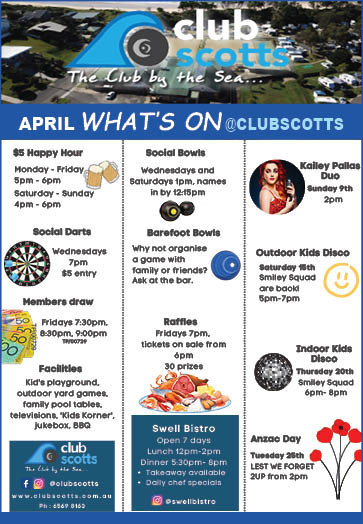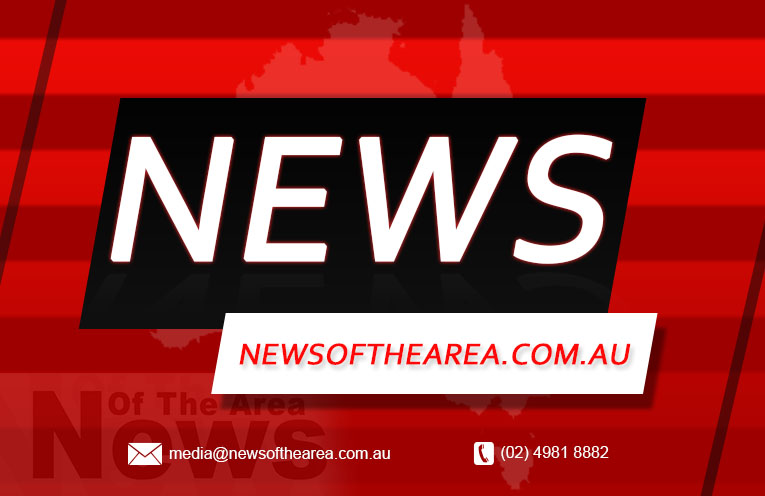IN the lead up to Good Friday and the peak seafood season over Easter, the Australian Marine Conservation Society (AMCS) is warning consumers that the seafood they’re buying might not be what they anticipate.
An estimated 65 percent of seafood consumed in Australia is imported.
 Advertise with News of The Area today.
Advertise with News of The Area today.It’s worth it for your business.
Message us.
Phone us – (02) 4981 8882.
Email us – media@newsofthearea.com.au
Without any rules or standards for imported fish, consumers shopping for a seafood feast this Easter may be inadvertently buying seafood products that:
● are generally untraceable so consumers are unsure of exactly what they are eating, where it is from and how it was caught;
● contribute to the global decline of fish stocks;
● contribute to the death of threatened species of turtles, seabirds, dolphins and sharks; and/or
● have been obtained using modern slavery or terrible workplace conditions.
When combined with our deficient seafood labelling laws, consumers are left completely in the dark as to what they’re really eating.
AMCS Fair Catch Campaign Manager Cat Dorey said, “While Australia has a lot of fantastic seafood options available, we rely on imports to meet Australian appetites.
“Seafood imports are allowed into Australia and onto our plates without any rules or standards for traceability, sustainability or ethics.
“It creates confusion for consumers and places local jobs and industry at risk of being undercut by cheap imported substitutes that don’t meet the same standards.
“This has got to change.
“We need basic minimum standards for imported seafood or we risk Australia becoming a dumping ground for seafood from illegal, destructive and exploitative fisheries and farms.
“We need the government to enforce stronger import rules and better labelling for all seafood sold in Australia.
“In the meantime, always check the label or ask before you buy seafood.
“If you can’t find out what species it is, where it’s from, who caught it and how, don’t buy it.
“To help with this, consumers can use the GoodFish Sustainable seafood guide to provide independent information on the vast majority of Australian-produced seafood.
“When eating out, look out for the GoodFish partner restaurants so you can be confident that the seafood you are being served is sustainable.”
The Australian Marine Conservation Society is part of the Fair Catch Alliance that is committed to change so we end up with the same rules for all seafood sold across the nation.

